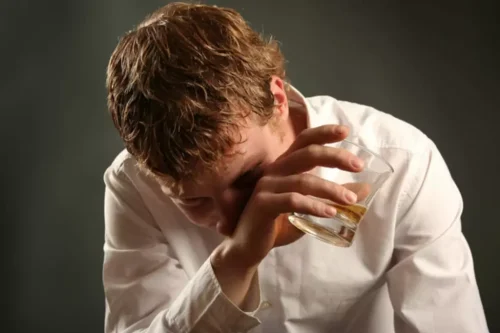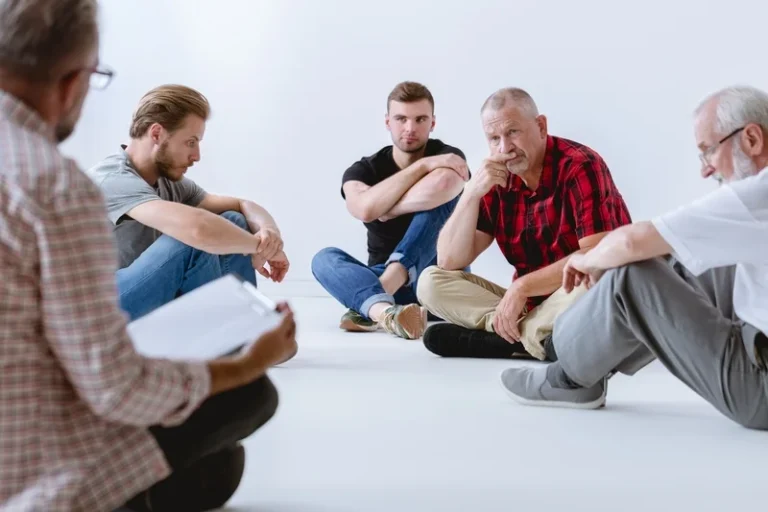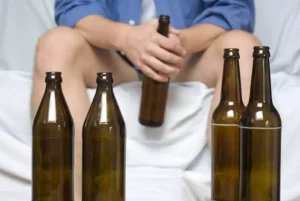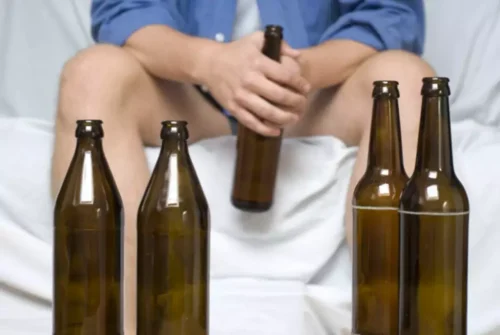
To add insult to injury, alcohol is also a diuretic, so it can cause us to wake up in the middle of the night to go to the bathroom—further compromising deeper sleep stages like REM. It may also contribute to nagging heartburn in some people, or be flavored with sugars that disrupt rest too. Further, alcohol acts as a diuretic—meaning it makes you need does alcohol help you sleep to pee. This, too, can wake you up in the middle of the night, sometimes more than once. And the more water your kidneys release, the higher the chances you’ll get dehydrated. Dehydration can give you a headache; and pain itself can cause poor sleep.

REM Sleep

Understanding how alcohol affects sleep can help you enhance your sleep quality and may potentially lead you to make different choices before bed. In the first half of the night, when the body is metabolizing alcohol, studies show people spend more time in deep, slow-wave sleep and less time in REM sleep. It may sound like a good idea to spend more time in deep sleep. Sleep architecture is biologically driven and finely calibrated to meet the body’s needs during nightly rest—changes to the natural, typical structure of sleep aren’t generally good for health or well being. REM sleep, which gets shortchanged in the first half of the night under the influence of alcohol, is important for mental restoration, including memory and emotional processing.
Be a sleep-smart drinker.
- You may also experience parasomnias which are disruptive sleep disorders that occur in specific stages of sleep or in sleep-wake transitions.
- Doing so without medical supervision can trigger a new addiction to another substance.
- First, alcohol affects everyone differently because of a slew of factors, like age, biological sex, and body composition, just to name a few.
- The effects usually wear off after three or four hours, which will put you in better shape come bedtime.
You may also experience parasomnias which are disruptive sleep disorders that occur in specific stages of sleep or in sleep-wake transitions. These can happen during arousals from rapid eye movement (REM) sleep or non-rapid eye movement (NREM) sleep. Alcohol can also increase the likelihood of snoring and sleep apnea — a condition where breathing stops and starts during sleep — which can further reduce sleep quality. Plus, it can trigger the need to go to the bathroom more often during the night, which means more sleep interruptions.

Alcohol & sleep: how reducing drinking can improve sleep quality
- If possible, alternate between one drink and one glass of water.
- Dr. Richard Stephens at Keele University explains that low blood sugar can make the after-effects of drinking alcohol worse.
- Alcohol also impacts other chemicalslike adenosine, which prevents the brain from becoming stimulated.
- In time this may lead to switching up day and night sleeping patterns.
- If you have a supportive friend or partner who is also attending the festivities, ask them to keep you accountable to your new limit.
- Here’s how to turn a potentially restless night into something that’s at least a little recharging.
This is particularly true if you drinkwithin an hour of bedtime. This sleep cycle disruption is what causes the person to feel tired and “fuzzy” the next day and can lead to further sleep issues, such asinsomniaoralcohol addictionover time. All alcoholic beverages can impact sleep, but those with higher alcohol content, like spirits, may have a more significant effect compared to a glass of wine or beer. Plus, alcoholic drinks mixed with caffeine or high in sugar can also adversely affect sleep. Caffeine, a stimulant found in some cocktails, can increase alertness and delay the onset of sleep, further disrupting sleep quality. Similarly, beverages high in sugar can lead to disruption in blood sugar levels, which may interfere with falling asleep and staying asleep.
How to stop feeling sad: 7 tips to boost your mood
Doing calming activities before bedtime, such as taking a bath or using relaxation techniques, might promote better sleep. A comfortable mattress and pillows can also encourage better, more relaxing sleep without the need for alcohol to help you wind down. Discover enjoyable non-alcoholic beverages you can drink in situations where you might typically consume alcohol. This could be non-alcoholic beers, mocktails, or sparkling water. Consider your habits with your alcohol intake to understand your patterns and triggers.

Recent Comments